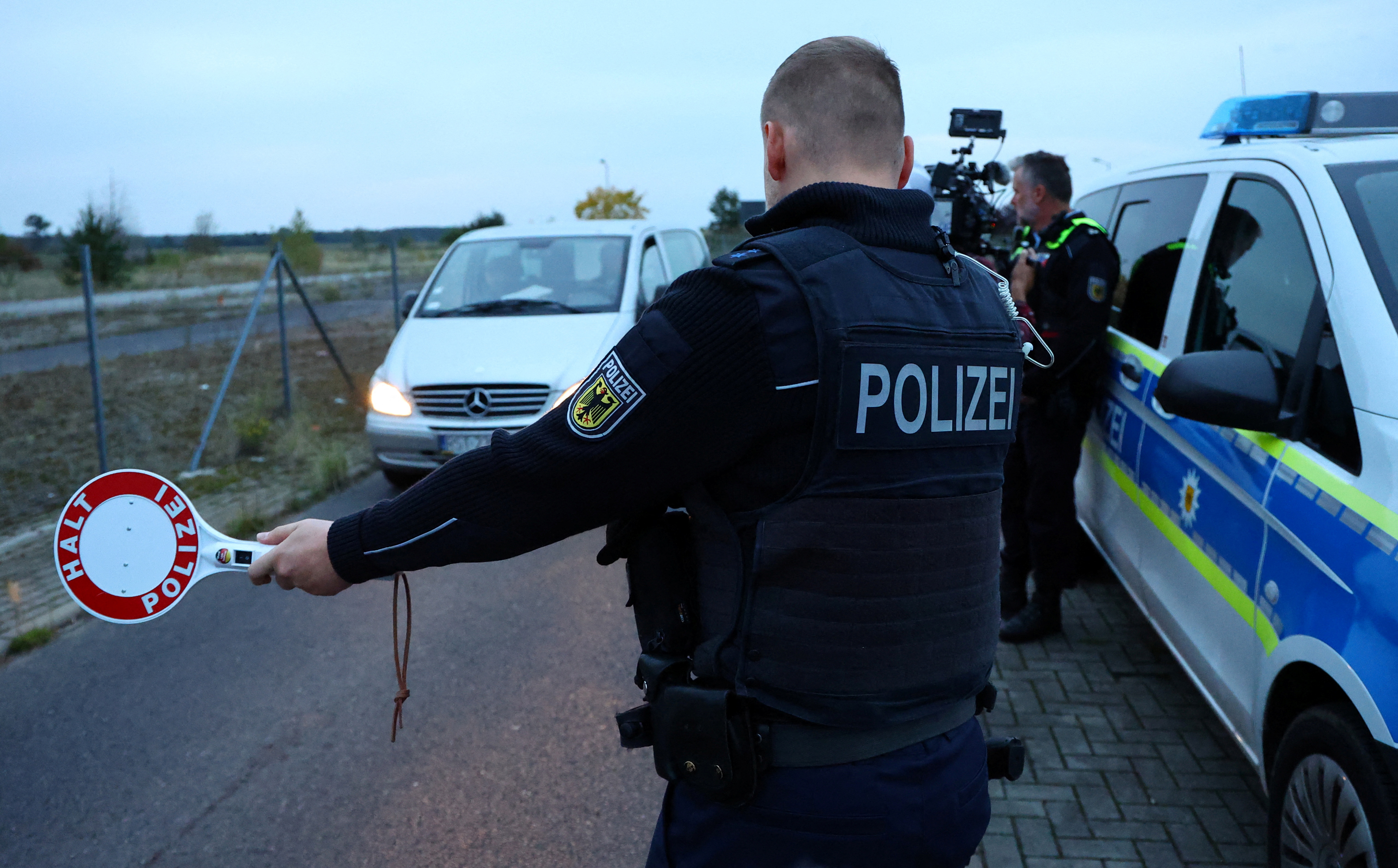Chancellor Olaf Scholz, who seeks to reduce the number of asylum seekers and stem support for the far-right, agreed on a tougher migration policy and new funding for refugees with the heads of Germany’s 16 states after hours of negotiations early Tuesday.
In recent weeks, Scholz’s government has agreed measures to make it easier to deport migrants and to make the country a less attractive destination in the first place, in stark contrast to Berlin’s perceived open-door policy under former Chancellor Angela Merkel.
The meeting was aimed at garnering state leaders’ support for such moves and addressing local authorities’ complaints that public coffers and infrastructure are overburdened.
As a result, Scholz’s government agreed to pay the states and municipalities 7,500 euros ($8,033.25) per refugee from next year, as well as make an advance payment of 1.75 billion euros in the first half of 2024.
The leader of the central state of Hesse put the total volume of aid at 3.5 billion euros.
Authorities are also set to save around 1 billion euros by cutting benefits for asylum seekers, for example, by doubling the amount of time until they receive full social benefits.
“Our shared goal is to push back irregular migration,” said Scholz, after describing the agreement as a “historic moment.”
The federal government also agreed look into whether asylum procedures could be carried out outside the European Union, though Scholz expressed scepticism on whether that was constitutionally possible and if countries would agree to it.
Concern about migration has increased as numbers requesting asylum have risen, boosted by the one million Ukrainian refugees who arrived in the country after Russia began its war in February last year.
Some 230,000 people requested asylum in Germany in the first nine months of this year, more than in the full year 2022.
The far-right Alternative for Germany, now in second place in nationwide polls, ahead of all three parties in Scholz’s centre-left coalition, was the first party to tap into concerns about migration.
Last month, Scholz told parliament the country’s democratic forces needed to rally together to tackle issues such as migration to counter the “so-called ‘Alternative’ that is in reality a demolition commando”.
Scholz’s centre-left cabinet last month passed a law to make it easier for authorities to deport members of criminal associations and to search migrants’ homes to establish their identity.
His government has also agreed changes to existing rules to enable asylum seekers to enter the labour force more rapidly and to punish human traffickers with longer prison sentences.







Click here to change your cookie preferences